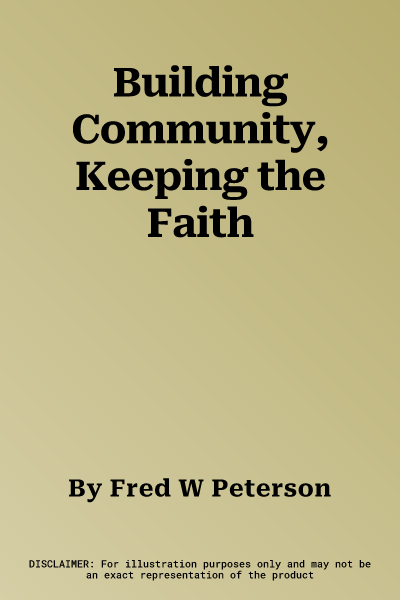The German Catholic immigrants who founded St. John the Baptist parish
on the central Minnesota prairie effected a remarkable transfer of
tradition to their new environment. In this study, Fred Peterson
documents, analyzes, and interprets the community these settlers built
between 1858 and 1915. He reveals how their folk culture, aesthetic
values, and religious beliefs were directly embodied in the houses,
dairy farms, and churches they planned and constructed.
Peterson's main focus is on some 30 distinctive farmhouses built with
locally produced brick in and around Meire Grove, the village at the
center of the parish. Employing historical and contemporary photographs
and his own precise architectural renderings, he shows how settlers
modeled the layouts of their new homes after ones they had known in
Germany—and adapted them to the demands of prairie life.
Equally important, Peterson explores how the secular and the sacred were
intertwined in St. John the Baptist parish, how piety not only suffused
parishioners' lives but also affected every aspect of their built
environment.
Through its treatment of a single agricultural community, the book
offers a perspective on similar ethnic enclaves in Minnesota and the
Upper Midwest. Building Community, Keeping the Faith is vital reading
for students of architecture, religion, immigration, and
ethnicity--indeed for anyone interested in the complex influence
European culture exerted on the development of America.

